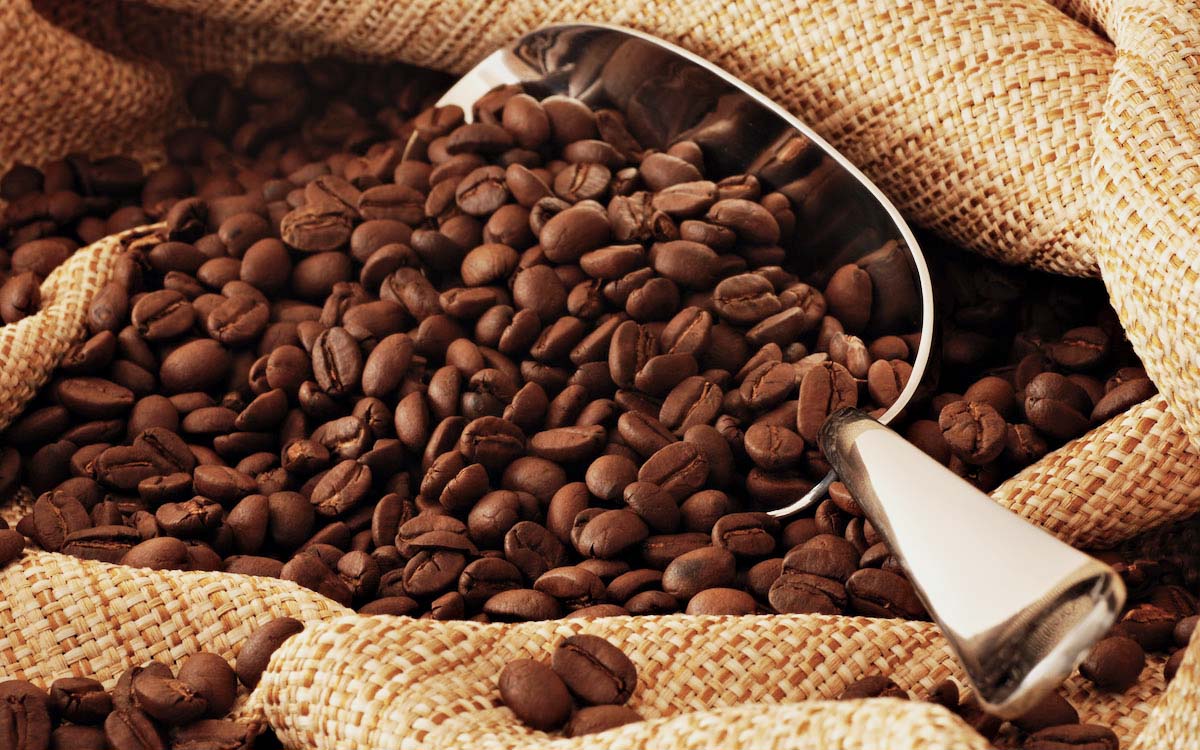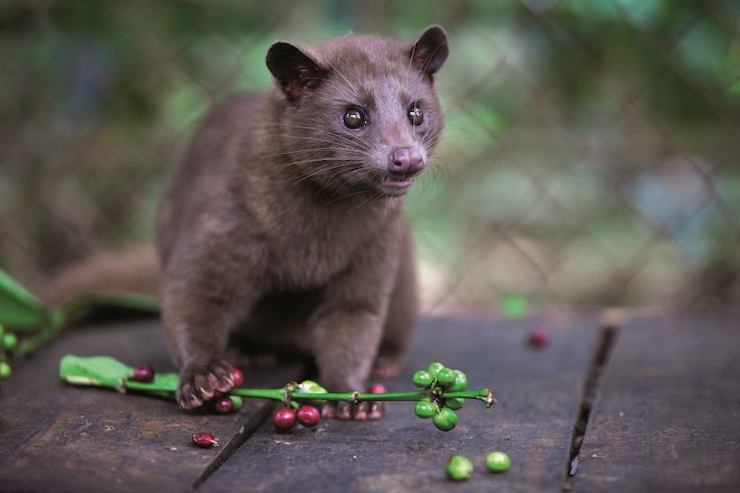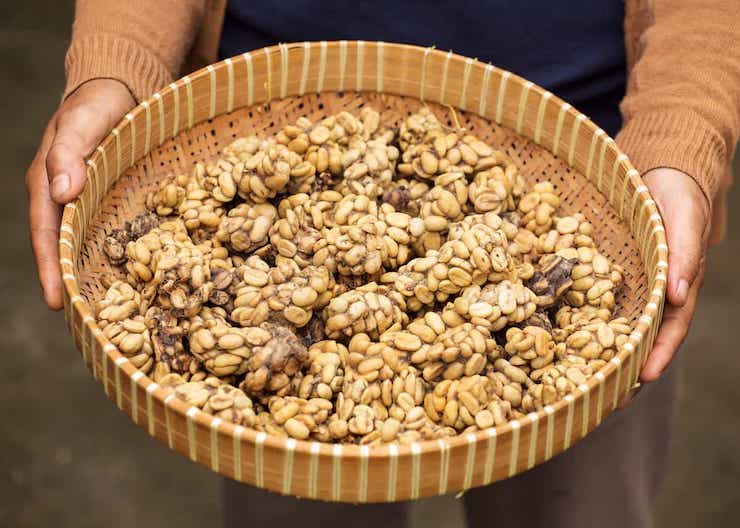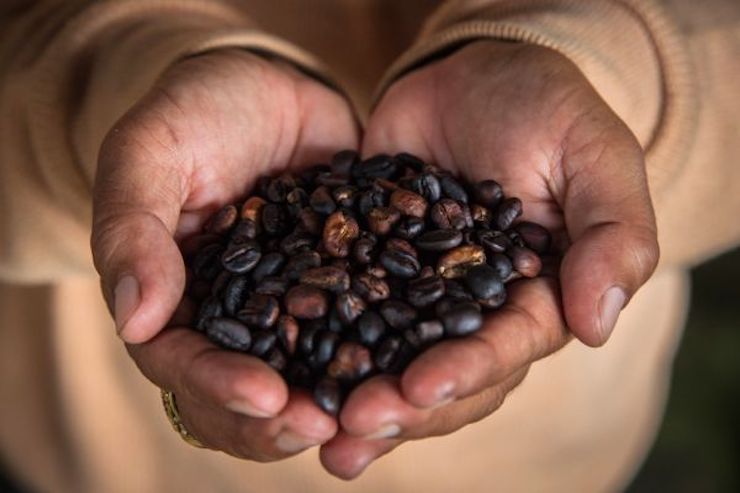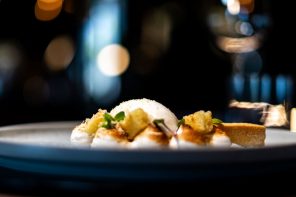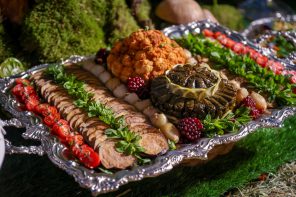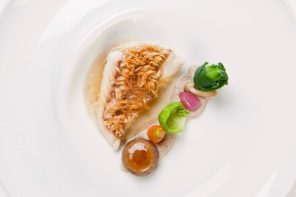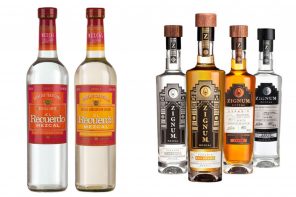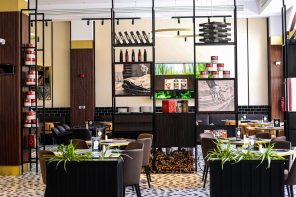There’s more to Bali than its stunning beaches and laidback lifestyle that attract millions of tourists from all over the world each year; its food is just as famous as the island itself. And with food and tourists come the coffee shops, found on every corner, with every kind of coffee bean imaginable, and one of which is Kopi Luwak, dubbed as the most expensive coffee in the world.
“Kopi” means coffee in Bali and “Luwak” means Asian Palm Civet – a cat-like animal that lives in the jungles of Southeast Asia. Known around the world as the most expensive and most aromatic coffee the world has seen, or smelled, rather, Kopi Luwak has had its share of frenzy and controversy.
What is Kopi Luwak and Its History?
Kopi Luwak is coffee produced from coffee beans collected from the feces of the Asian Palm Civet. It is considered to be the most expensive in the world due to its quality and unique production process.
Its discovery goes way back to the early 18th century when the Dutch established coffee plantations in Java and Sumatra. The Dutch forbade the native farmers and workers from picking the coffee fruits for personal use, but the latter desperately wanted to have a taste of the famed coffee drink.
The native farmers discovered that when civets ate the coffee fruits, the coffee beans were undigested and they remained intact in their droppings. They then washed these beans that they picked from the ground, cleaned, and roasted them, and Eureka, they discovered the smoothest, most aromatic coffee beans the Dutch had never tasted and smelled before.
Kopi Luwak’s popularity among the locals soon reached the Dutch plantation owners, and the rest, as they say, is history.
How is Kopi Luwak Made?
Two mechanisms make up Kopi Luwak; the selection process and the digestion process. The civet’s diet is mostly made of fruits and leaves, and sometimes insects. And when their habitat is abundant with coffee fruits, it’s what makes up most of their diet.
The civet doesn’t just eat any coffee fruit, they find the ripest and most flawless coffee fruits and eat the pulp. They do not eat the beans or seeds. Once inside their stomach, a particular enzyme breaks down the coffee beans, removing the bitter taste and thus, improving its flavor. The beans go through a fermentation process inside the civet’s digestive system before they are excreted in the form of feces.
Kopi Luwak attests that these two mechanisms work hand in hand to create the tastiest, smoothest, and most aromatic coffee beans in the world and one does not work without the other.
And what’s also interesting is that the civet’s droppings have very few pathogenic organisms, making the beans clean and safe for consumption after washing, cleaning, and roasting.
Kopi Luwak Controversy: Animal Cruelty
Because Kopi Luwak has become so popular around the world, many farmers and companies have taken advantage of the coffee craze. This has led to a growing number of civet coffee plantations that put these civets in cages, taking them away from the wild. These civets are deprived of a proper diet since they are only fed coffee fruits; are deprived of roaming around in their natural habitat freely, and are placed in cramped spaces.
When placed in cages, civets also have a tendency to fight other civets, and they end up dying or have extremely poor health.
Where to Buy Authentic Kopi Luwak
The coffee beans from civet farms produce lower quality Kopi Luwak since the selection process is skipped. Many of these farms feed the civets low-quality coffee fruits and create a coffee that’s not at par with the civet coffee beans picked in the wild.
It can be hard to find genuine Kopi Luwak that’s sourced from the wild and not from caged-civet farms. There’s a growing industry in Indonesia for these lesser quality civet coffee, and sadly, there is no official regulatory body that certifies or regulates Kopi Luwak, not just in Indonesia but everywhere, for that matter.
When you do want to get a hold of Kopi Luwak, you have to make sure they are cruelty-free since not only will you be helping the animals themselves, you’ll be enjoying an authentic cup of civet coffee, and not the watered down or manufactured version.
One website, www.most-expensive.coffee provides their certification for Kopi Luwak producers, and you can find their list of brands or products that meet their criteria for authentic Kopi Luwak. Their standards are as follows:
- Civets must be found in the wild, not caged or kept in an enclosure
- Farmers must handpick the droppings from the ground where they are found
- Beans must be 100% genuine with no fillers
Products that have a UTZ Certification are also recommended. This certification is given out to products that practice sustainability for coffee, cocoa, and tea in the world.
Other websites that sell Kopi Luwak with 100% organic beans from wild civets and bought from the farmers themselves are www.kayakopi.com and www.kopiluwakdirect.com.

